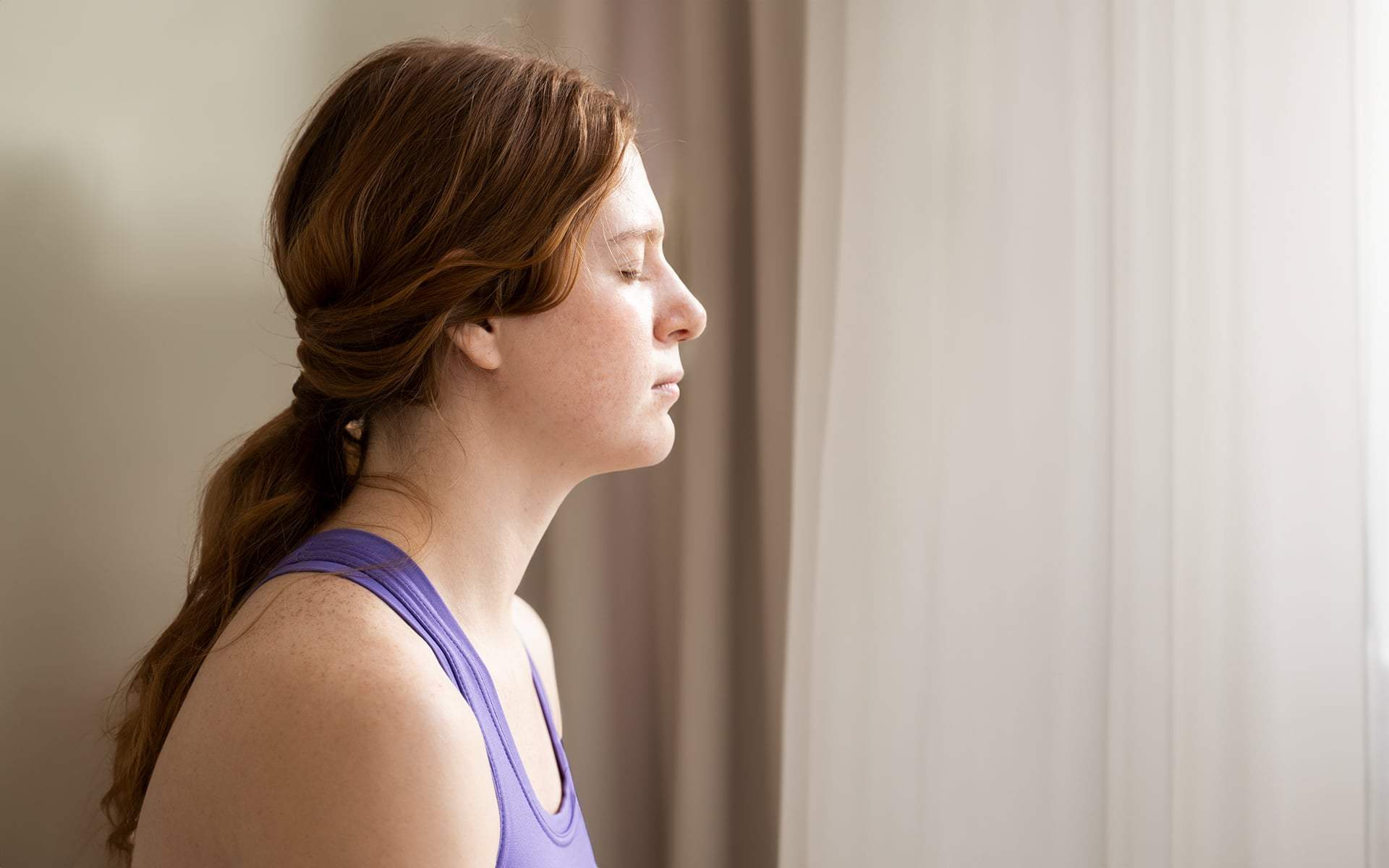Research shows that we are most energized when we find purpose and meaning in what we’re doing. In contrast, we feel depleted when we don’t take time to do activities that are inspiring or important to us. But here’s a common challenge for many: we don’t always know how to get in touch with that part of ourselves that knows what’s most important to us and that has the wisdom and the courage to take meaningful action.
So how do we consciously connect with what matters most to us? And how do we connect with our capacity to act with intention on those important relationships, pursuits, or activities?
This meditation is the fourth in a series of four where we visit four domains of energy: physical, emotional, mental, and intentional. We’re exploring meditations, contemplations, and skillful actions that we can take every day to replenish our energy in these four domains. The energy in these four spaces is interconnected, so if you are out of balance in one area, you’re going to feel it in the other areas and you will know it in your body.
Let’s close out this series by visiting the space of intentional energy. And before we begin, I invite you to receive this invitation from the poet Rumi from his poem “The Great Wagon.” He writes, “Out beyond ideas of wrongdoing and right doing, there is a field. I’ll meet you there.” Today’s meditation is all about finding that field within you, that place of spaciousness, non-judging awareness, where for a few minutes, we can let go of any ideas of I should, and I must, and This is right and wrong, and instead just allow ourselves to be in companionable silence with the deepest, truest parts of who we are.
A Guided Meditation To Act On What’s Important
A 12-Minute Meditation to Act on What’s Important with Shalini Bahl
1. Come to a comfortable posture. You can do this practice while sitting, but lying down is also fine.
2. Whenever you feel ready, close your eyes. If closing your eyes is uncomfortable for you, you can simply lower your eyes and soften your gaze.
3. Think of this as a moment to return yourself, to your breath. No agendas, nothing to fix, just a time to meet ourselves, just the way we are.
4. If you find that your mind is really busy today, or if you find this practice awkward or boring, that’s okay. It’s natural to find some difficulty in sitting in silence. Note those thoughts and feelings with kindness, and then place your hand on the region of your heart, feeling the warmth of the hand and connection with your body. Notice your breath moving naturally in and out. Just for these few cycles of your breathing, give your full care and attention to the natural rhythm of your breath rising and falling in your body.
5. With each inhale, envision creating a little more space in your mind and your whole body. With each exhale, imagine letting go of what you don’t need to hold on to, letting go of what’s not helpful and what’s not serving you. In this way, we’re also creating more space for what we want to invite into this space.
6. When you find that your mind and body are present, relaxed, and alert, silently ask this question: What is most important to me in my life?
7. Remember: you don’t need to go out searching for answers or looking for something special. Instead, let go of striving and just return back to the field. Allow yourself to be right where you are—open, spacious, curious. Stay with the question, What is most important to me? and allow your thoughts to naturally surface.
8. Pay attention to the thoughts that bubble up. What do you notice? It might be about relationships, work, self-care, being in nature, or creativity. It might be a longing you’re familiar with, or it might surprise you.
9. If you’d like, you can open your eyes and do some freestyle journaling. Similarly, you’re just letting thoughts arise. Don’t worry about grammar or neatness—just let the words flow as they come to you, as you consider people, activities, and places that feel most important to you.
10. When you have a sense of the answers to the question, What’s most important to me now?, ask yourself how you can make time today to engage in an activity, even if it’s only for a few minutes, that will bring you joy and make you feel alive.
11. As we end today’s practice, let’s return to Rumi’s poem “The Great Wagon.” He writes, The breeze at dawn has secrets to tell you. Don’t go back to sleep. You must ask for what you want. Don’t go back to sleep. Through this week and in the weeks to come, I invite you to return to this field for a few minutes each day, to reconnect with and stay awake to what matters most within you. Thank you for your practice.






